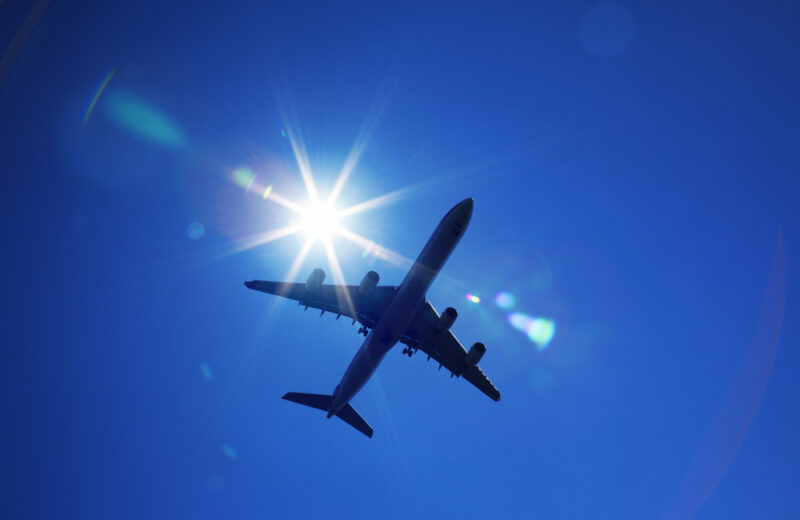Getting ReFuelEU ready to fry

Laws are like sausages. It is best not to see them being made,” is a quote often attributed to Otto von Bismarck.
But it is worth looking at the process that still needs to happen for ReFuelEU Aviation to become law and formally mandate Sustainable Aviation Fuel (SAF) in the 26 countries that make up the European Union.
Last week the European Parliament and the European Council of the European Union (which is comprised of the heads of state of the member countries) reached an agreement on ReFuelEU.
This is exciting, but the sausage meat is not yet in the skins.
Once it is law, fuel suppliers will need to include SAF at EU airports from 2025. This will start at 2% of all jet fuel by 2025, 6% by 2030, rising to 70% by 2050. Aircraft operators leaving from EU airports will also only be able to fill up with the fuel needed for their flight (so will not be able to tanker fossil jet fuel). EU airports will also need to ensure they can distribute SAF – which most can already.
One market insider welcomed the legislation, but said they are concerned that it is getting harder to source SAF for their customers in Europe as they feel suppliers are already stockpiling for 2025.
The European Parliament managed to convince the Commission to raise its e-fuel mandate from 0.7% between 2030 and 2035 to 1.2% between 2030 and 2031 and 2% between 2032 and 2035.
“This pioneering deal is an unwavering endorsement of the world’s largest green fuel mandate for aviation,” said Matteo Mirolo, aviation manager at Transport & Environment (T&E) in Brussels who sees this as a big win for the Parliament. “The EU doubled down on synthetic fuels, which are key to decarbonising the sector, and limited the use of unsustainable biofuels in planes.”
T&E had argued for a limit on used cooking oil and animal fats for Hydroprocessed Esters and Fatty Acids (HEFA) SAF, but this has not been included.
The European Parliament and the Council will now task their technical experts to ‘translate’ this agreement into a draft legislative text. An EU source close to the process estimates that this will take between two and three weeks. It will then go to the Committee of the Permanent Representatives of the Governments of the Member States to the European Union (COREPER) who will analyse it.
COREPER approval takes time but is typically a formality. The European Parliament will then be asked to “align” its official position.
The text then needs to be reviewed from both legal and linguistic views. The EU has 24 official languages, so this is not a simple process. This will take at least two to three months. Only then will it become law.
The EU insider says that if everything goes in plan, it could become legislation within three to four months.
Bismarck was too prudish for this industry. After all, the fat that butchers reject for sausages is a common feedstock in HEFA SAF.
Subscribe to our free newsletter
For more opinions from SAF Investor, subscribe to our email newsletter.
